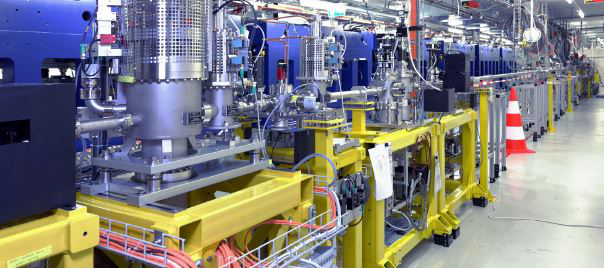Speaker
Description
Machine learning (ML) approaches such as neural networks (NN) and Gaussian processes (GP) are powerful tools that can learn input-output models of complex systems directly from data. Because of their strengths ML methods have been growing in popularity in all areas of science and engineering. One limitation of such methods is that if the system which generated the training data changes with time, the accuracy of the models that were learned based on that data begins to drift. Model independent feedback methods that are robustness to noise and can adapt to time varying systems exist, but their limitations include a chance of getting stuck in a local minimum if searching over a very large parameter space. By combining the ability of ML data-based methods to learn the global features of large parameter spaces with model-independent adaptive feedback, we can build an overall system that is both robust and globally optimal. At Los Alamos National Laboratory (LANL) we have begun studies of adaptive ML methods for time varying systems. Our initial results have focused on particle accelerators and their beams which are large complex systems in which both the components (hundreds of coupled magnets and RF cavities) and the beams (complex objects living in 6D (x,y,z,x',y',E) phase space) vary unpredictably with time. The time variation and complexity of accelerators results in days - weeks of hands on tuning after outages or when switching between significantly different beam setups. In this talk I will start with an overview of adaptive model-independent methods that we have developed and implemented at particle accelerator facilities around the world for automated beam tuning and accelerator optimization including the LANSCE linear accelerator at LANL, the EuXFEL at DESY, the AWAKE experiment at CERN, the FACET-II plasma wakefield accelerator facility at SLAC, and at the LCLS FEL at SLAC. I will then present some of the first adaptive ML results that we demonstrated at the LCLS FEL for adaptive tuning of the longitudinal phase space (time vs energy) of the LCLS electron beam and will present an overview of adaptive ML approaches. Finally I will discuss how these same principles can be applied to the experimental beam lines at accelerators which are also complex systems that require frequent and lengthy tuning.

